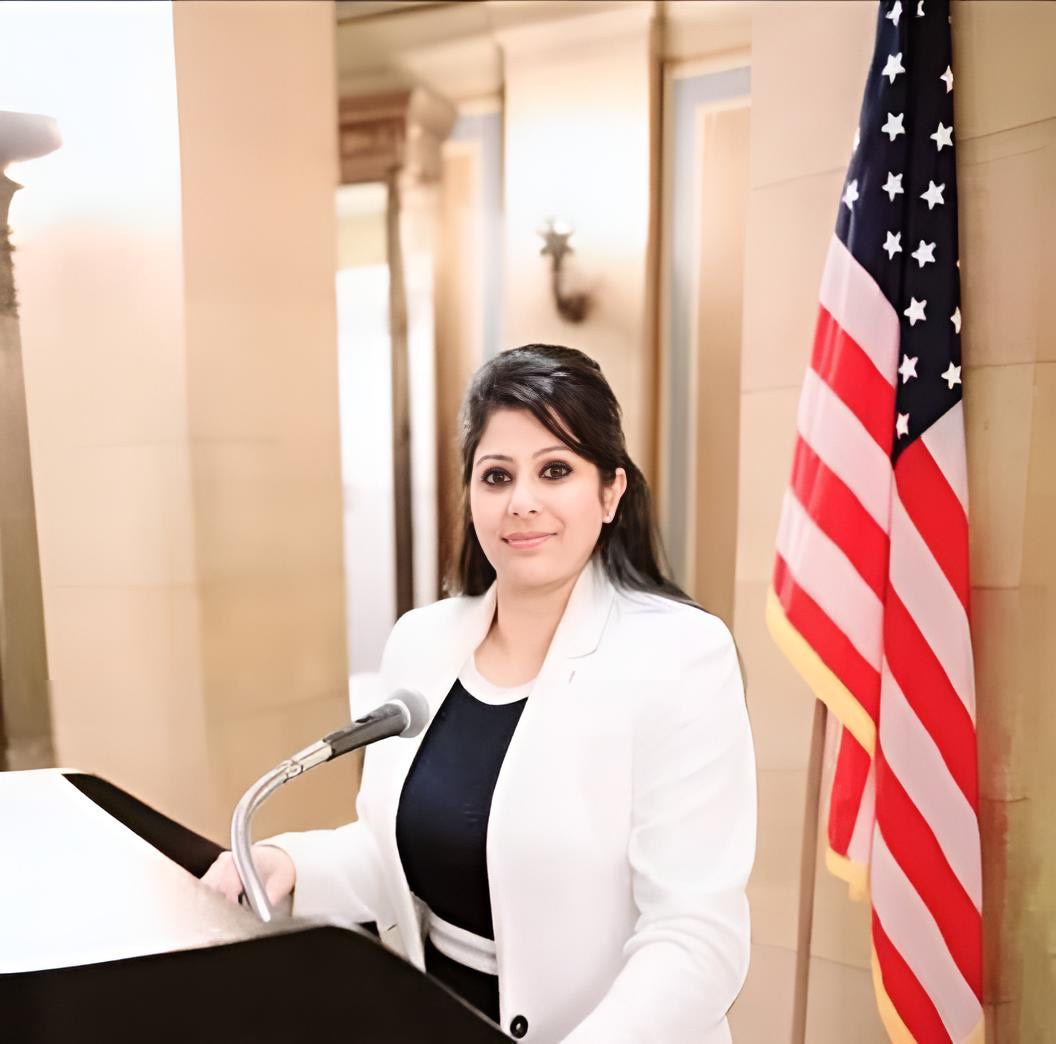
File
“The mountains are calling; I must go….
to the Machhapuchchhre’s summit, where the spirits glow.”
After spending almost 15 years in the United States and serving as the Minnesota State Oral Health Director for eight years, I reached a point where the mountains called out to me, and I needed to go.
The fast-paced life, the demands of my career, speaking in English 24/7, and the need for mental well-being led me to make a bold decision. It was time to pack my bags and fly to Nepal—to reconnect with myself, find my sense of belonging, and seek the grounding I desperately needed.
Sense of belonging

File
Nepal, with its towering peaks and deep spiritual roots, was where I could find the peace I was missing. The moment I arrived in Pokhara, I fell in love with the majestic Machhapuchchhre Mountain. The range of Annapurna, Dhaulagiri and many other mountains, with their quiet strength, immediately grounded me. Every day became a discovery of simplicity and beauty.
I found solace in the local markets, with their hustle and bustle of people weaving through vibrant stalls. The scent of black tea brewed with pepper and ginger filled the air, a comforting routine amid new beginnings. The humble lifestyle that many Nepalis lead became my new regular, and it was in this simplicity and “ek cup kalo chiya” I found a profound sense of belonging.
The lakeside shops in Pokhara and the trendy, glamorous restaurants in Kathmandu did not lure me as they might have in the past. My soul was no longer looking for material distractions. The fast-paced lifestyle that once defined my life in the US had no place here. I realised how difficult it was to slow down, detach from technology, and fully embrace the present, but I had to try.
A sense of deep longing for my native language, Nepali, was always engrained within me. It became a yearning to connect with the people around me and my roots. I wandered through local markets, exchanging words in Nepali and sipping “mittho chiya” with a donut in Basantapur, Kathmandu, an area steeped in history and culture. Every step I took felt like an embrace from the motherland, a reassurance that I was home.
I also sought experiences to help me stay grounded and connected to Nepal’s rich traditions. I participated in a Thangka workshop in Boudhanath, where I learned the intricate art of patience and perseverance from an esteemed monk. He had lived in the mountains for over 20 years and had ample patience to teach me Thangka painting for over 24 hours.
I tried my luck with clay, engaging in pottery with local artisans in Bhaktapur. Solo travel allowed me to further dive into the soul of Nepal, experiencing the country’s raw beauty and, in turn, rediscovering parts of myself.
Eye opeing experiences
While in Nepal, I had the privilege of volunteering with a popular Nepali band. This experience opened my eyes to the challenges faced by Nepali musicians and the music industry. Despite the country’s immense talent, there’s still a long way to go in cherishing the legacy of Nepali artists.
The Nepali music market remains hostile and volatile at home and among the Nepali diaspora. Organisers could easily break contracts with no accountability, and the struggles of artists go largely unacknowledged. It was a challenging but invaluable lesson that underscored the need for a more supportive infrastructure for Nepali talent.
Yet, I met some of the most notable artists that I will cherish in my heart forever. Their diligence, dedication, and discipline made me believe in the power of following our dreams no matter how hard the journey might be.
In addition to my time in Nepal, I embarked on a journey to Vrindavan, India. This trip was meant to deepen my spiritual connection, but I faced a harrowing experience. I was caught in a dangerous stampede despite of securing privilege access to visit the local temples.
It was a near-death experience that shook me to my core. It was a powerful reminder that true spirituality is not found in commercialised temples or grand gestures. I realised God is within us all, in our hearts and actions, not in the places built to idolise them.
My visit to Pashupatinath and the poignant scenes at “Aryaghat” taught me another profound lesson: everything is transient. The Pashupatinath Arati, mesmerising rituals, and the emotional scenes at the cremation site reminded me of life’s impermanence. Letting go, of not clinging to anything, became an essential part of my spiritual journey.

File
A transforming journey
Through this detour in my life, I met incredible people who shared their wisdom, their stories, and their kindness. My time in Nepal was transformative. I returned with resilience and growth—lessons I will carry with me for the rest of my life.
The mountains, the people, the simple joys of life, and the spiritual teachings all came together to provide a sense of belonging I had longed for. Nepal taught me to slow down, connect with myself, and find meaning beyond the rush of the world around me. It was the grounding I had been searching for all along. It was a journey that taught me resilience and helped me grow.
As I sit here, tucked away in the comfort of my home in the US, my heart drifts back to the people, the places, and the life I lived so fully in just 6 weeks. Each moment feels like a vivid memory etched in time—a reminder of the lessons learned, the depth of connection found in the most unexpected places, and the resilience that will forever stay with me.
There’s a quiet hope that one day, I will find my way back to those moments to rekindle the feelings and the spirit of those days and relive the beauty of a journey that changed me forever.


















